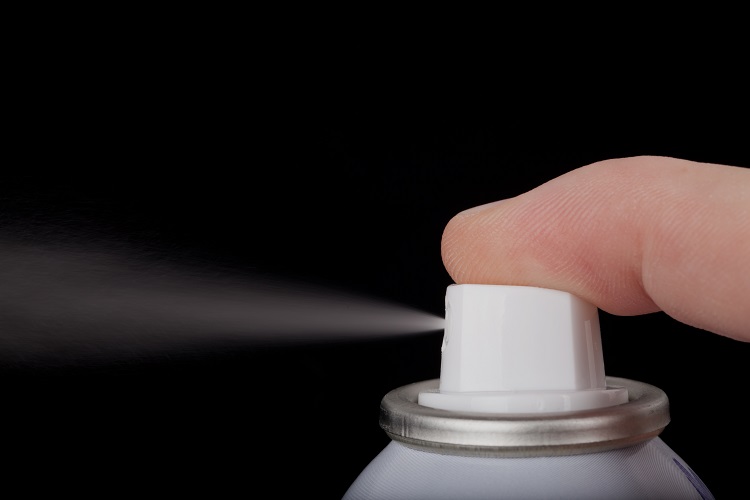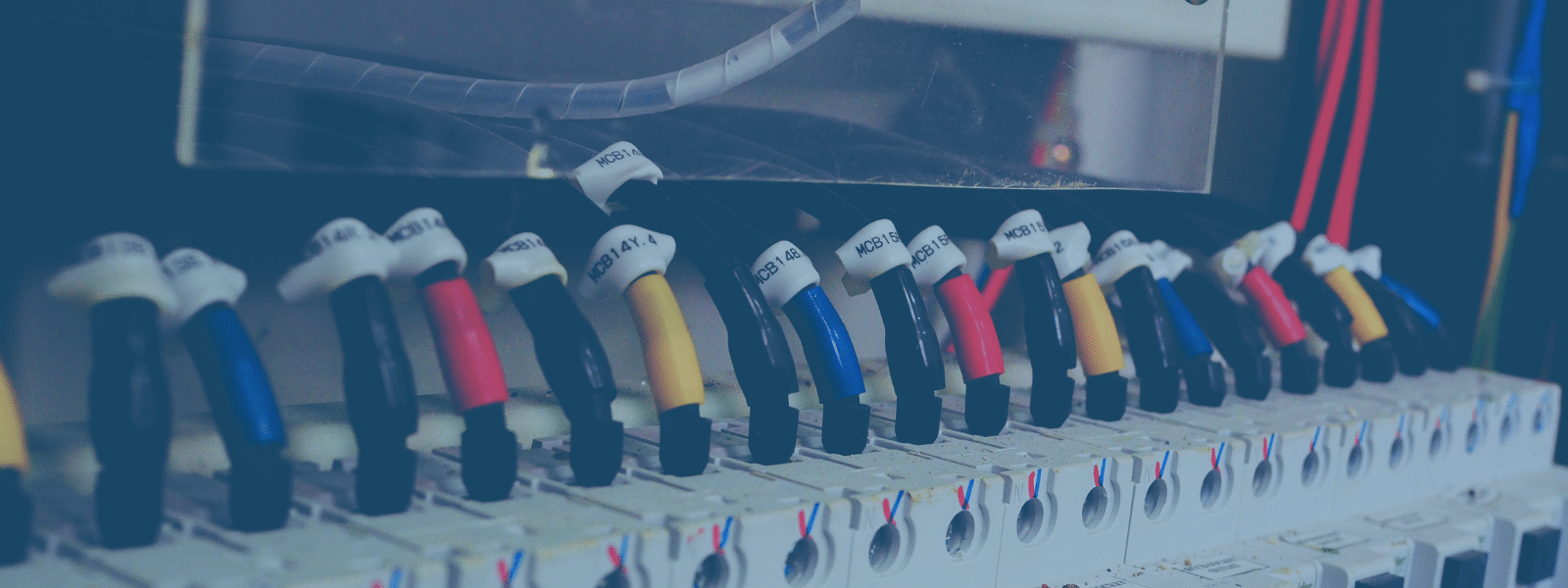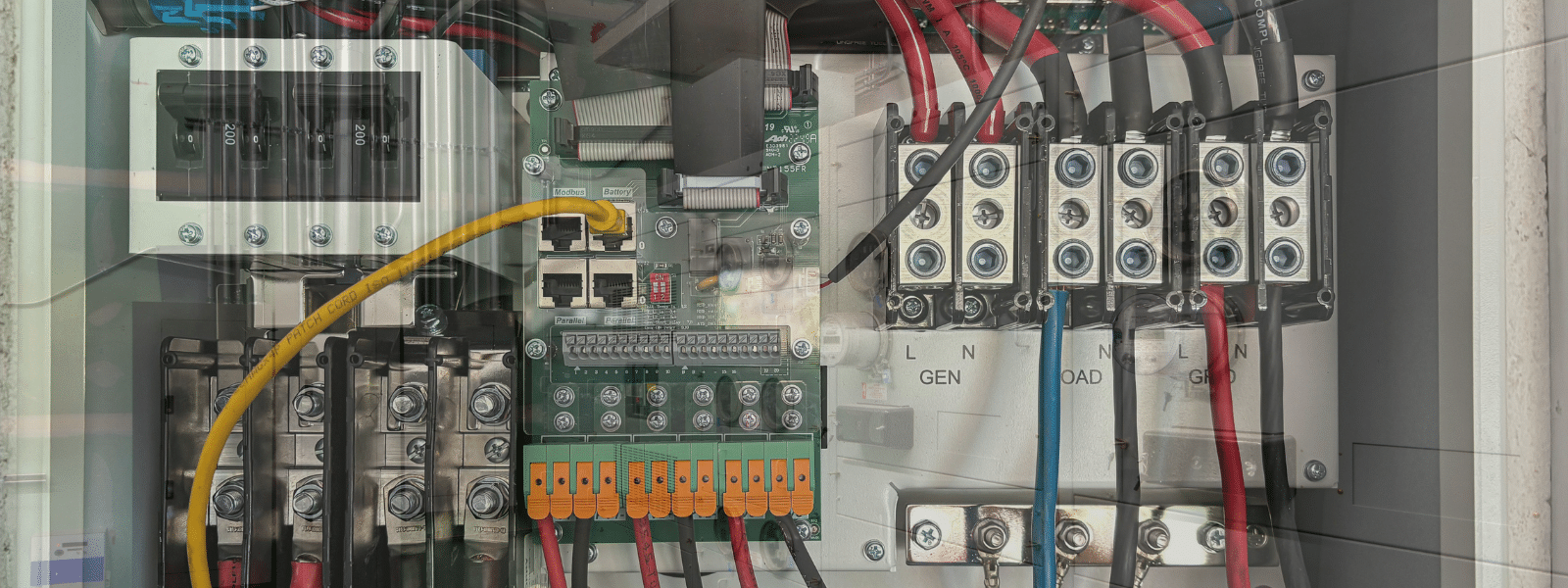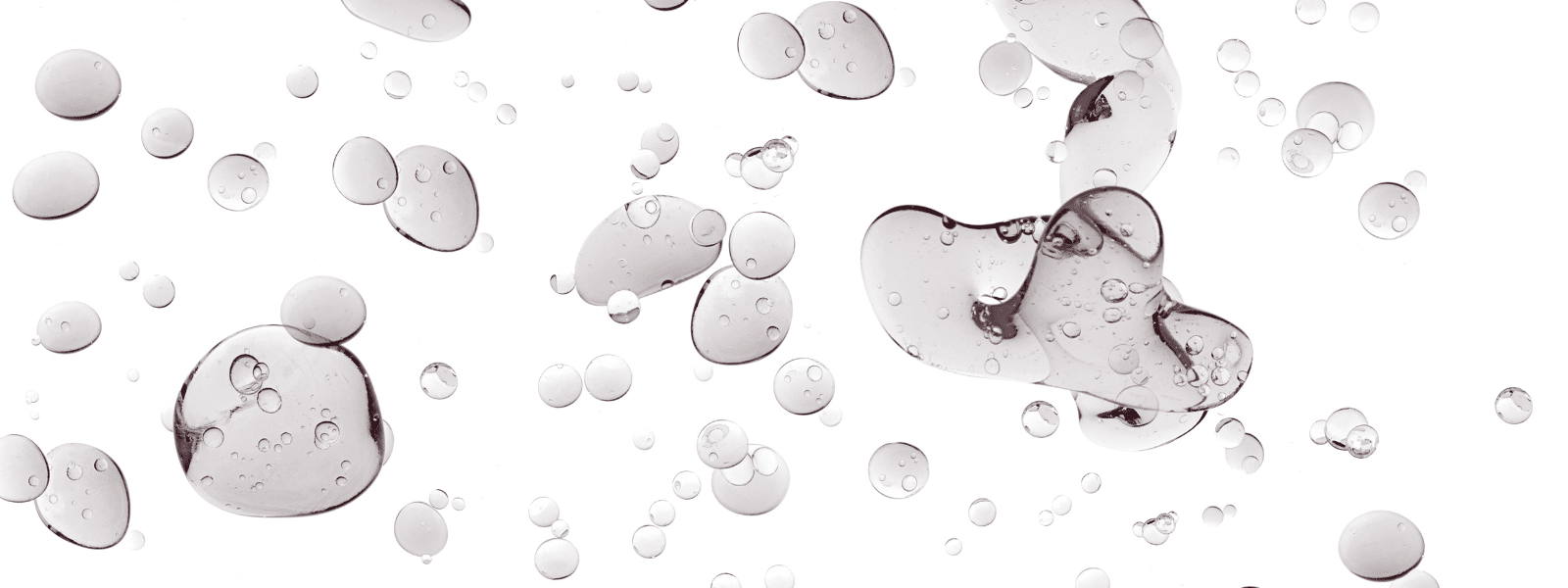The term “spray cleaner” is often used to refer to pump action sprays and aerosol sprays alike. However, in the solvent industry, the term commonly applies to the pump action spray method, whereas the term “aerosol cleaner” is obviously used to refer to aerosol dispersal. This is how we will use the terms in this entry, as we compare electrical spray cleaner and electrical aerosol cleaner to help you determine whether they would be a good fit your parts cleaning needs.
- Cost of Cleaner
Because electrical spray cleaner can be purchased in bulk quantities and placed inside sprayers, it often has a better price point than aerosol cleaner, which naturally comes in the form of aerosol cans. If spray cleaner would work as well as aerosol cleaner for your electrical parts cleaning needs, choosing the former may require the lowest upfront investment.
- Uniformity of Dispersal
Because aerosol cleaner emits a steady rate of liquid particles at a steady rate of speed, it tends to disperse more uniformly on parts than electrical spray cleaner. Consequently, aerosol is often used for parts cleaning operations where efficiency is a prime concern. Because aerosol tends to disperse more evenly than spray, its application tends to be more efficient.
- Waste Production
Thanks to its easily controlled release and uniform dispersal, electrical aerosol cleaner often sends a lower volume of solvent into the waste trap than electrical spray cleaner. The latter can be applied with great control, too. However, because liquid particles from spray bottles aren’t as fine as aerosol particles, they have a greater tendency to drip away from the parts they clean.
- Dielectric Strength
When it comes to dielectric strength, electrical spray cleaner and electric aerosol cleaner are equal. Dielectric strength is achieved through dielectric formulation of the cleaner and not through its method of dispersal. You can find the same dielectric strength in either type of cleaner.
- Evaporation Rate
Electrical spray cleaner and electrical aerosol cleaner can also be equal when it comes to evaporation rate. However, because aerosols emit finer particles than most sprays, you may find that it takes slightly longer for a spray to evaporate from cleaned parts. In most cases, the additional evaporation time doesn’t pose a problem, as evaporation occurs quickly, nonetheless.
Need Help Selecting a Cleaner?
If you need an electrical parts cleaner and are trying to decide between using an electrical spray cleaner and a electrical aerosol cleaner, the solvent specialists at Ecolink will help you choose the best option for your needs based on the considerations above, as well as the type of parts you need to clean. We offer a great selection of readymade pump spray and aerosol cleaners for electrical parts. We can also formulate custom cleaners for your specific needs.
For helping selecting the right electrical spray cleaner or electrical aerosol spray cleaner, please call us today at (800) 563-1305, or use the contact page on our website. We look forward to supplying you with the best solution!















